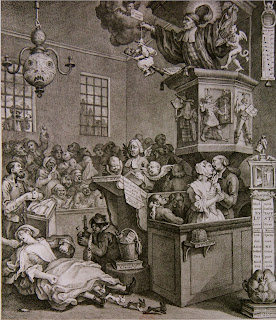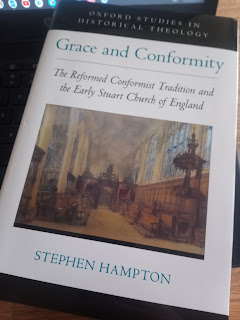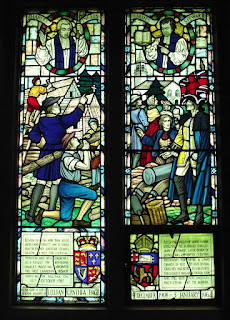Wisdom from Jeremy Taylor: "to praise God in common prayer at set hours"

Wise counsel from Jeremy Taylor, delivered during the dark days of the Interregnum, on the offering of Morning and Evening Prayer: Keep strictly, as much as you are able, to those times of the day, which you have designed to appear in before the Lord for then you offer up not only your prayers, but the strict observation of set times, which is a double sacrifice, and an evidence that you will not dispense to pretermit that holy work for any avocation [i.e. minor occupation]. He that refers himself at large to pray, when he is at leisure, gives God the worst of the day; that is, his idle time. I account them prudent, therefore, that are precise in keeping canonical hours of prayer, as they call them, so they pray to God alone, who alone knows their heart and so they pray "with the Spirit, and with the understanding": that is, in a tongue wherein they know what they say, and understand the language wherein they vent the meditations of the Spirit. This was the milk that the chur...













